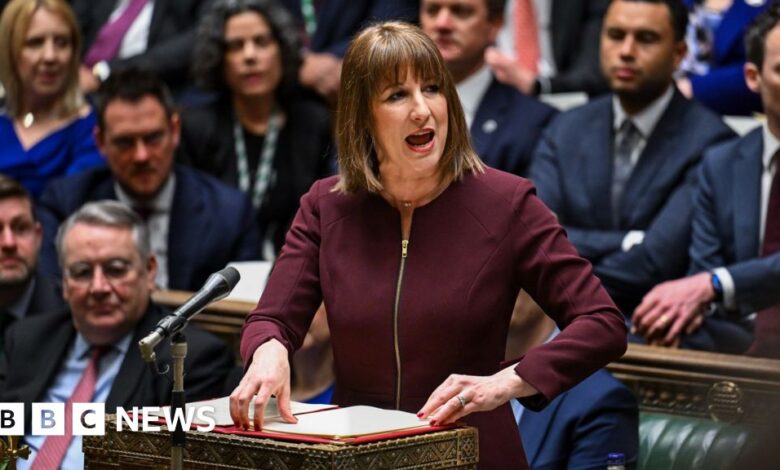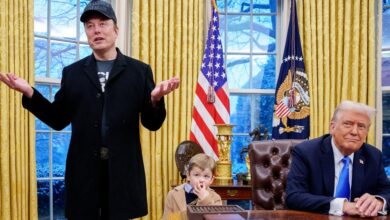Taxes could still rise despite benefit cuts, economists warn

Taxes may need to be increased in the upcoming autumn, economists have cautioned, despite significant benefit cuts and spending reductions outlined in Wednesday’s Spring Statement. The Institute for Fiscal Studies think tank has raised concerns that Chancellor Rachel Reeves may have limited flexibility to address economic uncertainties, such as the impact of tariffs imposed by the Trump administration. Director Paul Johnson emphasized the likelihood of a decline in economic forecasts before the October Budget, potentially necessitating further tax hikes.
Prime Minister Sir Keir Starmer has not ruled out the possibility of additional tax increases later in the year, although the government refrained from implementing them in the recent Spring Statement. Starmer highlighted the government’s commitment to avoiding tax hikes on “working people,” including National Insurance, Income Tax, and VAT, as outlined in the Labour Party’s election manifesto. However, the government did raise National Insurance contributions for employers in the previous autumn Budget to address fiscal challenges and enhance investments in public services.
The recent announcement of new tariffs on cars and car parts by President Trump has added to the economic uncertainties faced by the UK, which is already grappling with tariffs on steel and aluminum exports to the US. Chancellor Reeves mentioned ongoing negotiations with the US to seek exemptions from these tariffs, but the looming threat of a global trade war poses a significant risk to the country’s financial stability. Johnson emphasized the volatile nature of the global economy, suggesting that deteriorating economic and fiscal forecasts could necessitate further tax increases in the future.
Despite the Office for Budget Responsibility’s downward revision of the UK’s growth forecast for this year, citing a growth rate of 1%, subsequent years are expected to see improved growth prospects, partly due to increased housebuilding activities. Chancellor Reeves reaffirmed her commitment to adhering to strict fiscal rules, including avoiding borrowing for day-to-day spending and reducing government debt as a percentage of national income. The recent measures announced in the Spring Statement aimed to restore fiscal headroom to £9.9 billion, but potential tariff escalations could erode this buffer, warned OBR chairman Richard Hughes.
As uncertainties loom over the UK’s economic outlook, the government faces the challenge of balancing fiscal responsibility with the need to support economic growth and public services. The upcoming autumn Budget will likely be a critical juncture for determining the country’s fiscal trajectory amidst a rapidly evolving global economic landscape.





